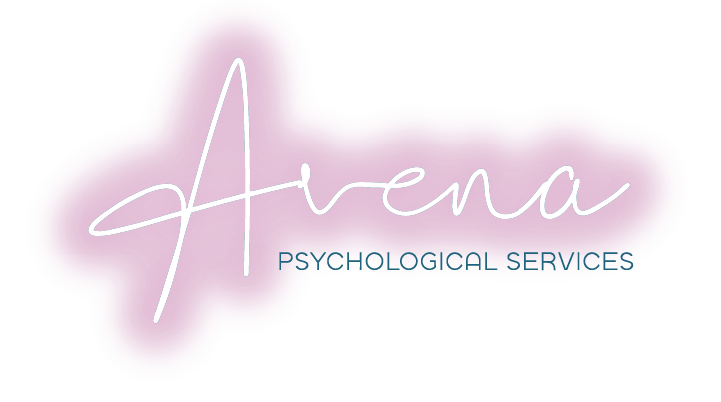Existential Crisis Symptoms
Learn about the most common existential crisis symptoms and how it’s treated.
What are the signs of an existential crisis symptoms?
Signs of an existential crisis often include deep questioning about the meaning or purpose of life, identity confusion, and a sense of disconnection or emptiness. People experiencing one may feel overwhelmed by questions like “Why am I here?” or “What is the point of all this?” Common symptoms also include restlessness, hopelessness, indecision, irritability, and withdrawing from relationships or activities. It can feel like a mental or emotional “pause” where things that once felt meaningful no longer do.
How long does an existential crisis last?
The duration of an existential crisis varies widely. For some, it may last a few weeks, especially if triggered by a major life change (like a job loss, illness, or milestone birthday). For others, it may unfold over several months—or even longer—if deeper reflection or unresolved emotional challenges are involved. The length often depends on the individual’s support system, willingness to explore the feelings, and access to tools like therapy or meaningful life changes.
Is an existential crisis the same as depression?
Not exactly—but they can overlap. An existential crisis involves questioning life’s purpose and can bring emotional discomfort, but it doesn’t always meet the clinical criteria for depression. Depression, on the other hand, is a mental health condition marked by persistent sadness, low energy, lack of interest, and often physical symptoms like changes in sleep or appetite. However, a prolonged existential crisis can contribute to or be a part of a depressive episode. A mental health professional can help distinguish between the two and guide appropriate treatment.
Can anxiety cause existential thoughts?
Yes, anxiety can absolutely trigger existential thoughts. People with high levels of anxiety often ruminate on “big picture” fears—such as the fear of death, failure, or uncertainty about the future. This can lead to questioning the purpose or meaning behind life events or one’s role in the world. While these thoughts can feel overwhelming, they’re not inherently dangerous—sometimes they reflect a desire for deeper meaning or stability during times of stress or transition.
How do you treat an existential crisis?
Treating an existential crisis often involves therapy, reflection, and lifestyle support. Working with a therapist—especially one trained in existential therapy, CBT, or mindfulness—can help you explore your questions safely, identify values, and develop a stronger sense of self. Journaling, connecting with others, engaging in meaningful activities, or spiritual practices can also provide grounding. The goal isn’t to “fix” the crisis, but to move through it with intention, gaining clarity and purpose along the way.
Frequently Asked Questions
What Insurances Do You Take?
- Blue Cross Blue Shield
- Aetna
How Do I Verify My Out of Network Benefits?
We make it simple to get the care you deserve — whether we’re in-network with your insurance or not.
If you don’t see your insurance provider listed, you can still work with us through your out-of-network benefits.
Here’s how it works:
-
In-Network Benefits mean we have a direct relationship with your insurance company, and your coverage typically applies automatically.
-
Out-of-Network Benefits mean you can still receive therapy with us — you may just pay upfront and get reimbursed by your insurance provider later.
If you have out-of-network coverage, we’ll submit claims on your behalf to make the reimbursement process as easy as possible. Any reimbursements will go directly to you.
Not sure if you have out-of-network benefits?
Simply call the customer service number on your insurance card and ask about your mental health coverage for out-of-network providers. Our team is also happy to help guide you through the next steps if you need support.
Prefer to Self-Pay?
We offer flexible options, including reduced rates. Reach out — we’ll find the right fit together.
What’s the Difference Between In-Network and Out-of-Network Benefits?
When you use in-network benefits, we have a direct agreement with your insurance company. You’ll typically pay less out-of-pocket, and billing is handled for you. However, you’re limited to therapists within your plan’s network, and not all services may be fully covered.
When you use out-of-network benefits, you have more flexibility to work with therapists outside your insurance network — like us. You’ll usually pay upfront, but you may be eligible for reimbursement. We submit claims on your behalf to make the process easier.
If you’re unsure about your out-of-network coverage, check with your insurance provider or reach out to us — we’re happy to guide you through it.
Schedule An Appointment


Phone
212-906-4495
therapy@avenapsych.com
Mailing Address
99 Wall Street #4424 New York, NY 10005
